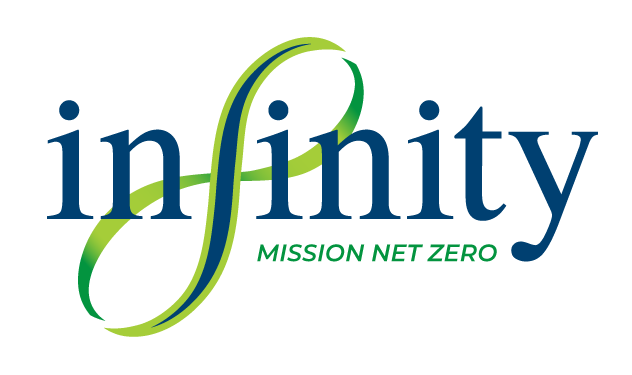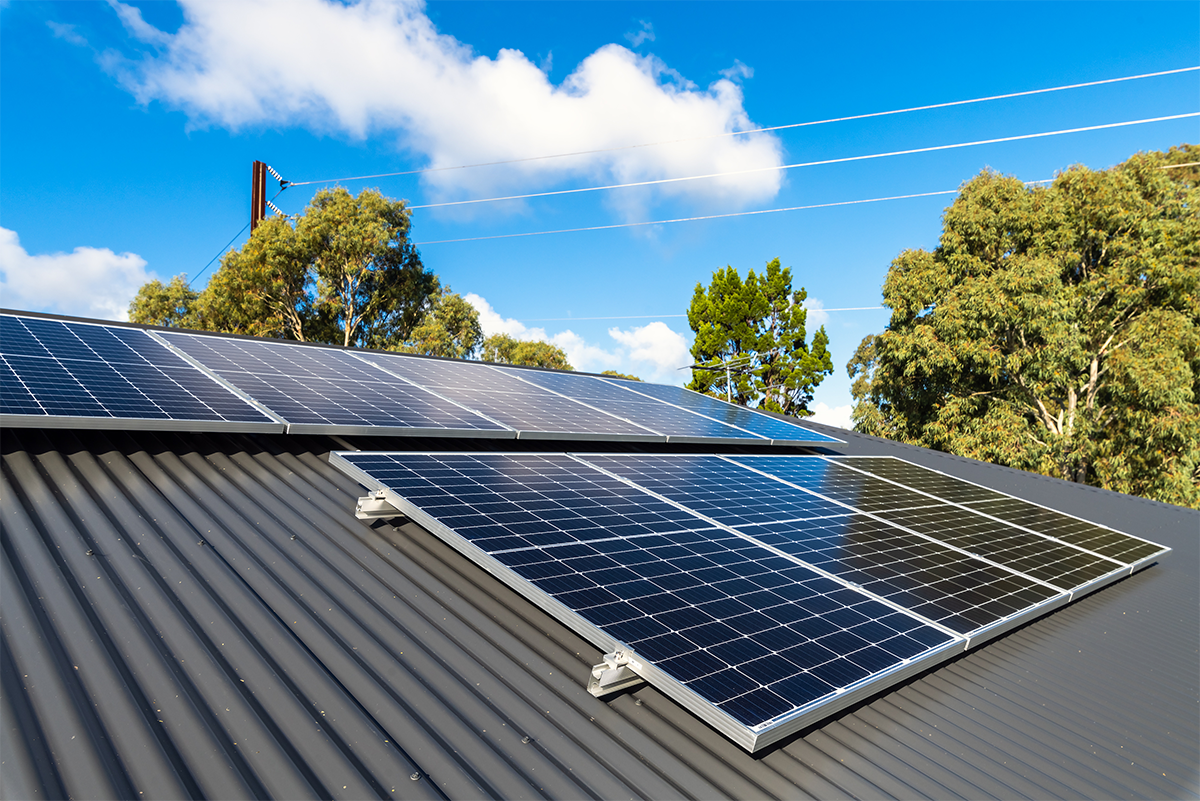In recent years, the world has seen a growing emphasis on renewable energy as a solution to the global energy crisis. Solar energy, in particular, has emerged as one of the most promising sources of renewable energy, thanks to its versatility, scalability, and environmental sustainability. For businesses, the benefits of solar energy are numerous, including reduced energy costs, improved energy security, and a reduced carbon footprint. In this article, we will take a closer look at the various solar renewable energy solutions available to businesses, and explore how these solutions can be integrated into a company’s operations to deliver meaningful results.
Understanding the Basics of Solar Energy
Solar energy refers to the energy generated by the sun’s light and heat. This energy can be captured and transformed into electricity by photovoltaic (PV) panels. These panels are typically made of silicon and are designed to convert sunlight into electricity through the photovoltaic effect. The electricity generated by PV panels can be used directly, stored for later use, or fed into the grid for others to use.
Types of Solar Renewable Energy Solutions for Businesses
- On-Site Solar Energy Generation
One of the most popular solar renewable energy solutions for businesses is on-site solar energy generation. This involves the installation of solar panels on the roof or grounds of a company’s building. The electricity generated by the panels is used directly by the business, reducing its dependence on the grid and lowering its energy costs. This solution is particularly suitable for businesses that have a high energy demand, such as factories or data centers, as it enables them to generate their own energy on-site and take control of their energy costs.
- Solar Power Purchase Agreements (PPA)
Another popular solution for businesses is a Solar Power Purchase Agreement (PPA). Under this arrangement, a third-party provider installs and operates a solar energy system on a business’s property, and the business purchases the energy generated by the system at a pre-agreed price. This solution is particularly attractive for businesses that want to reduce their energy costs and support the development of renewable energy, but do not have the capital or technical expertise to install and maintain a solar energy system.
- Solar Community Energy Projects
Solar Community Energy Projects are collaborative ventures that bring together businesses, local authorities, and communities to install and operate solar energy systems. These projects can take many forms, ranging from small-scale systems installed on community buildings, to large-scale installations that serve multiple businesses and communities. The key benefit of these projects is that they provide businesses with access to renewable energy at a lower cost than they would otherwise be able to achieve by going it alone.
Solar renewable energy solutions have become increasingly popular in recent years, as businesses look for ways to reduce their carbon footprint and save money on energy costs. However, with so many options available, it can be difficult to determine which solution is the best fit for your business. Here are some key factors to consider when choosing a solar renewable energy solution for your business:
- Energy consumption: The first step in choosing a solar renewable energy solution is to determine how much energy your business consumes on a daily basis. This will give you an idea of the size of the solar panel system you need to install.
- Location: The location of your business will also play a role in determining the best solar renewable energy solution. The amount of sunlight your business receives will affect the efficiency of your solar panel system, so it’s important to consider the climate and weather conditions in your area.
- Building structure: The type of building you have will also play a role in choosing a solar renewable energy solution. For example, if your building has a flat roof, you may be able to install a solar panel system more easily than if your building has a pitched roof.
- Budget: Solar renewable energy solutions can be expensive, so it’s important to consider your budget when choosing a solution. Make sure you have a clear understanding of the costs involved, including the cost of the solar panel system, installation, maintenance, and ongoing energy costs.
- Energy storage: Some solar renewable energy solutions include energy storage systems, which allow you to store excess energy generated by your solar panel system for later use. If you have a large energy consumption, an energy storage system may be a good option for your business.
- Maintenance: Solar panel systems require maintenance, so it’s important to consider the maintenance costs involved when choosing a solution. Make sure you understand the ongoing maintenance requirements, and choose a solution that fits your budget and resources.
- Government incentives: Many governments offer incentives for businesses that switch to renewable energy solutions, including tax credits and subsidies. Be sure to check for any government incentives available in your area, and factor these into your decision-making process.
- Future energy needs: Finally, it’s important to consider your future energy needs when choosing a solar renewable energy solution. Make sure you choose a solution that will be able to meet your energy needs in the future, and that can be easily expanded as your energy consumption increases.
By considering these factors, you can be sure to choose a solar renewable energy solution that fits your business’s specific needs and budget. With the right solution in place, you can reduce your carbon footprint, save money on energy costs, and support a sustainable future.
Infinity Energy Solutions can help you with your Net Zero Roadmap. Enquire now!







